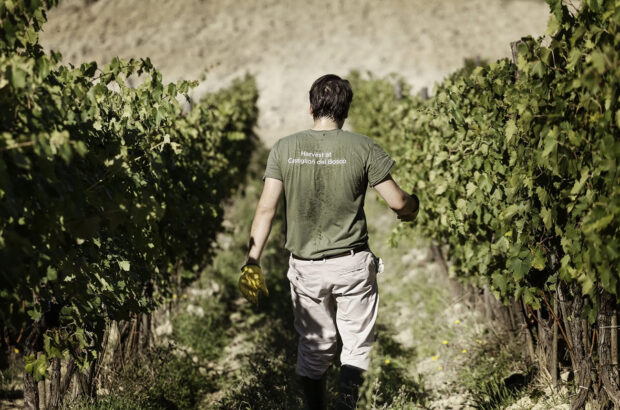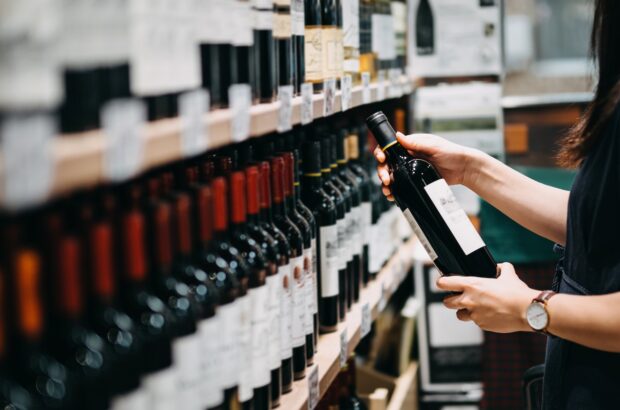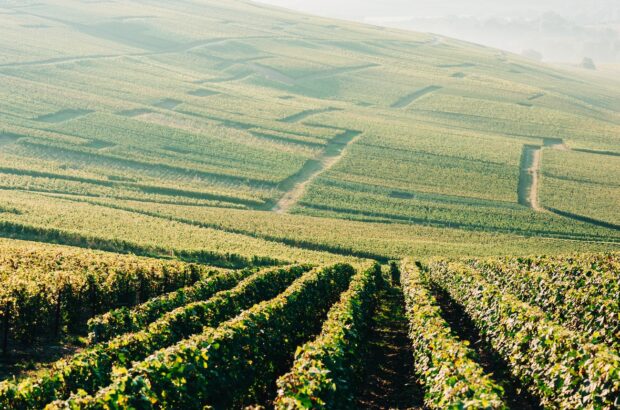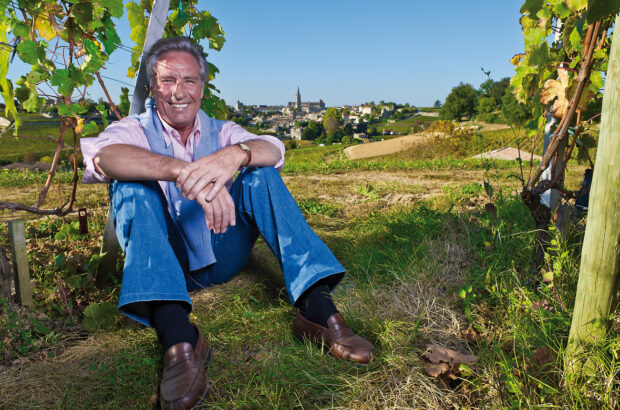Concha y Toro is the largest wine producer to join an initiative called the Bottle Weight Accord, which is designed to reduce the carbon footprint of wine packaging.
Participants commit to reducing the average weight of their 750ml still wine bottles to 420g or below by the end of 2026. That will significantly reduce their carbon gas emissions.
Valentina Lira, sustainability director at Concha y Toro, said: ‘We are confident that we are well on the way to the 420g average thanks to great efforts made by our product design, packaging, production, and sustainability teams to date.
‘This is just the first step for us as we look to continue reducing the weight of our bottles and incorporate new formats in the future.’
Five large retailers – Whole Foods, Lidl, The Wine Society, Alko in Finland and Systembolaget in Sweden – joined forces to study the average weights of wine bottles. They found that the average bottle of wine weighed 550g.
Dom de Ville, director of sustainability and social impact for The Wine Society, said: ‘Carbon emissions from glass bottles make up around 30% of our total emissions as a business, so reducing glass bottle weight is a key way that we can reach our goal of halving total emissions by 2032.’
That study inspired a British group called the Sustainable Wine Roundtable (SWR) to launch the Bottle Weight Accord initiative in autumn 2023.
It was initially supported by the retailers that funded the study, but signatories now include a wide range of wine business from across the entire supply chain.
However, Concha y Toro is the largest producer thus far to get involved. The Chilean company is the largest wine producer in South America and one of the 10 largest producers in the world.
Concha y Toro produces around 384 million bottles per year, with brands such as Casillero del Diablo from Chile, Trivento from Argentina and Bonterra in California.
Dr Peter Stanbury, director of research at the SWR, said: ‘South America is one of the regions which historically has seen some of the heavier wine bottles used, so it is great to see Concha y Toro, a major player in the region, take the lead in committing to a lightweighting standard.’






